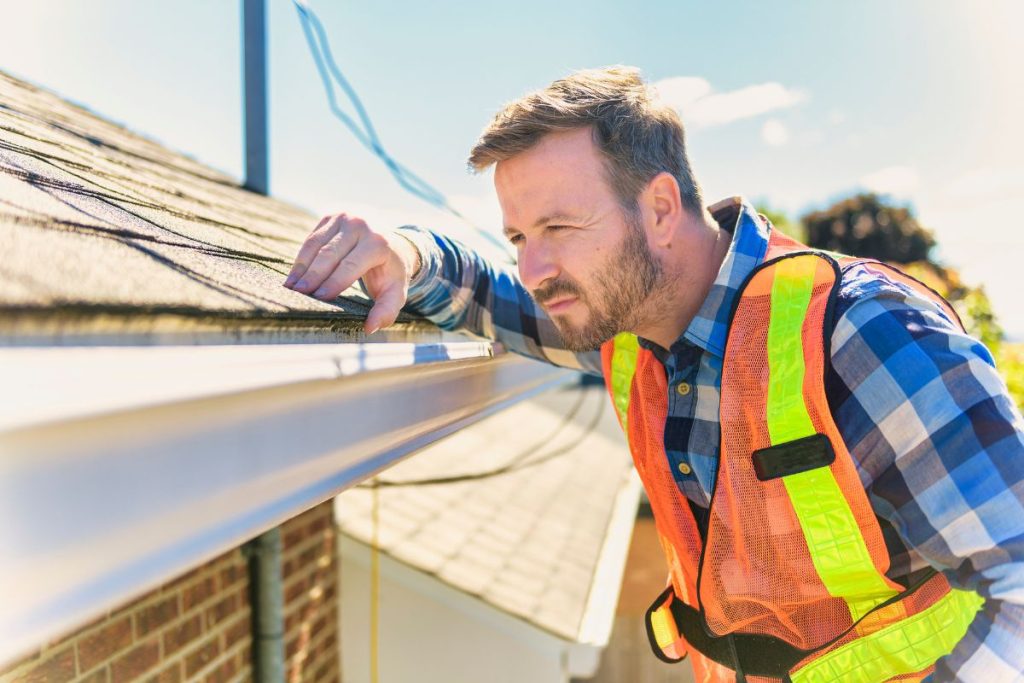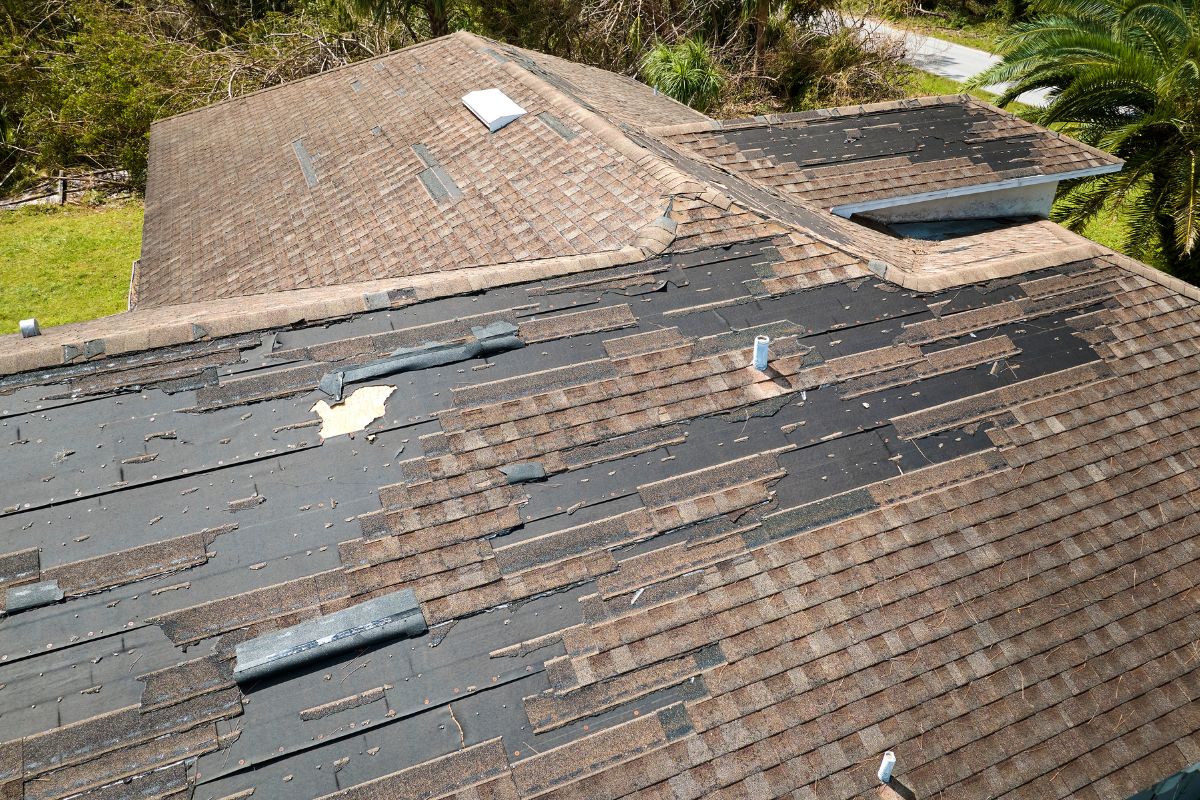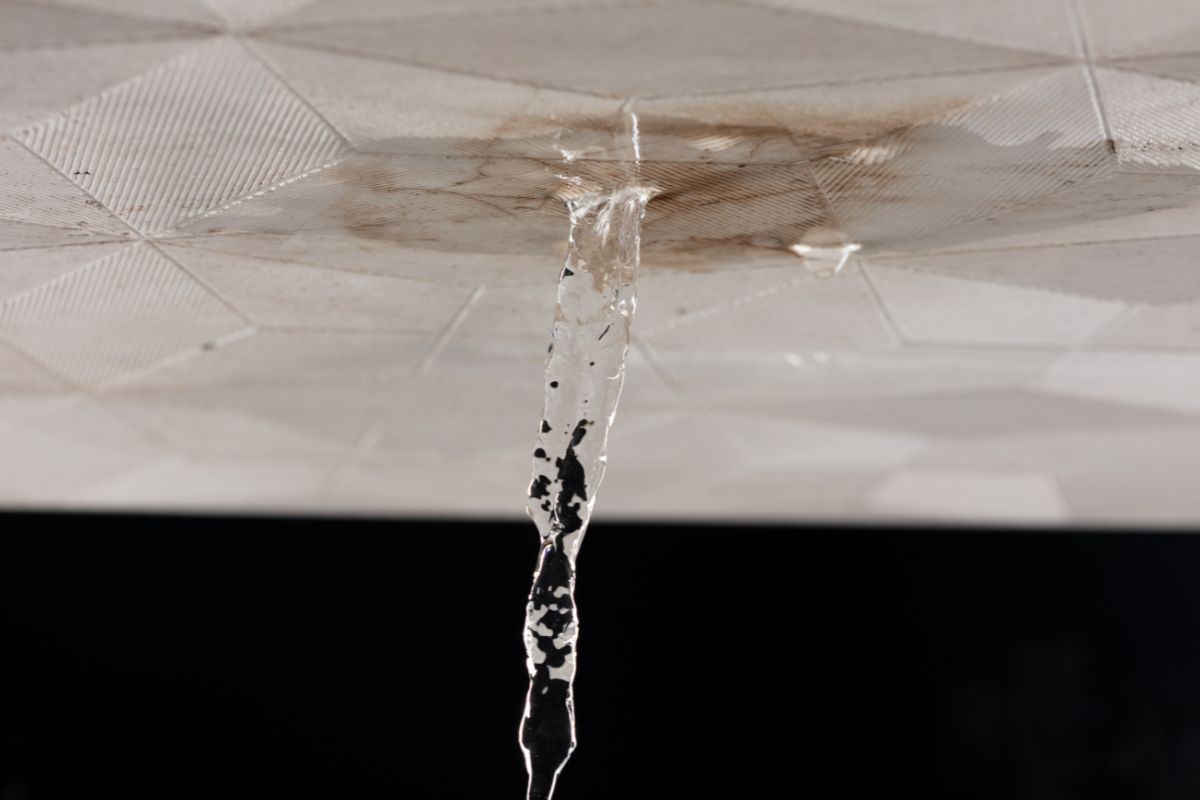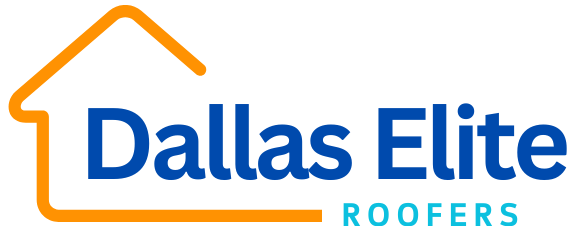
Dallas roofs face a unique set of challenges, from scorching summers to unpredictable hail storms. Understanding the most common threats can help you protect your investment and avoid costly repairs. This guide highlights the key roof damage issues in Dallas, providing insights and solutions to keep your home safe and secure.The Texas Heat Effect: Sun Damage to Your Roof
The Dallas sun can be brutal, and your roof bears the brunt of it. Prolonged exposure to intense heat and UV radiation degrades roofing materials over time, leading to reduced lifespan and increased vulnerability. Asphalt shingles, a common roofing choice, are particularly susceptible.
Asphalt Shingle Degradation

The sun’s UV rays cause the oils in asphalt shingles to dry out, making them brittle and prone to cracking. This also leads to a loss of granules, the protective layer that shields the asphalt from the elements. As the granules disappear, the shingles become more vulnerable, accelerating deterioration. For routine maintenance that can extend the life of your roof, check out our other article on “Roof Maintenance Tips”.
Tile Roof Issues
While more durable than asphalt, tile roofs aren’t immune to sun damage. Extreme heat can cause tiles to expand and contract, potentially leading to cracks and loosening. The color of the tiles can also fade over time, affecting the overall appearance of your home.
Ready to protect your roof from the Texas heat? Don’t wait for damage to occur. Contact us today for a professional roof inspection and maintenance plan. Hail Damage: A Frequent Dallas Threat
Dallas is no stranger to hail storms, and these can inflict significant damage on roofs in a matter of minutes. Even seemingly small hailstones can cause lasting problems, leading to leaks and premature roof failure.
Identifying Hail Damage
Hail damage often appears as small, circular dents or bruises on shingles. These dents weaken the shingle and expose the underlying material to the elements. On metal roofs, hail can create dents and dings. Look for patterns of damage that are random and evenly distributed across the roof.
Insurance Claims
If you suspect hail damage, it’s crucial to contact your insurance company promptly. Take clear photos of the damage to document your claim. A qualified roofing contractor can provide a professional assessment and work with your insurance adjuster to ensure you receive fair compensation for repairs.
For more information or to schedule a roof inspection, contact us today! We’re here to help Dallas homeowners protect their roofs.
Wind Damage: When Dallas Breezes Become a Problem
While Dallas isn’t typically associated with hurricanes, strong winds from thunderstorms and other weather events can wreak havoc on roofs. High winds can lift, tear, and displace shingles, exposing your home to the elements.
Missing Shingles
The most common sign of wind damage is missing shingles. Check your yard and gutters for fallen shingles after a windy day. Missing shingles leave your roof vulnerable to leaks and further damage.
Structural Damage
In severe cases, high winds can cause structural damage to the roof deck or underlying framing. This is especially true for older roofs that may already be weakened by age and weather exposure. If you suspect wind damage to the internal structure of your roof you Experiencing wind damage? Secure your home now!
Call us to assess the damage and provide a quick repair.
Water Damage: Leaks and Moisture Intrusion

Water damage is a common consequence of other roof problems, such as damaged shingles, improper flashing, or clogged gutters. Even small leaks can lead to significant water damage inside your home, resulting in mold growth, damaged ceilings, and structural issues.
Causes of Leaks
Common causes of roof leaks include damaged or missing shingles, cracked flashing around chimneys and vents, clogged gutters that cause water to back up onto the roof, and ice dams during the winter months.
Identifying Water Damage
Look for signs of water damage inside your home, such as water stains on ceilings or walls, peeling paint, musty odors, and visible mold growth. In the attic, check for damp insulation and water stains on the underside of the roof deck.
Preventing Water Damage
Regular roof inspections and maintenance are crucial for preventing water damage. Keep your gutters clean and clear of debris, and promptly repair any damaged shingles or flashing.
Tree Damage: Branches and Debris
Trees provide shade and beauty, but they can also pose a threat to your roof. Falling branches and accumulating debris can cause significant damage.
Impact Damage
Large branches falling on your roof during storms can cause serious impact damage, crushing shingles, cracking tiles, or even penetrating the roof deck.
Debris Accumulation
Leaves, pine needles, and other debris accumulating on your roof can trap moisture, leading to rot and decay. Debris can also clog gutters, causing water to back up onto the roof and potentially leading to leaks.
Neglected Maintenance: The Silent Killer
Perhaps the most common cause of roof problems is simply neglecting regular maintenance. Many homeowners don’t think about their roof until a problem arises, but proactive maintenance can prevent costly repairs and extend the lifespan of your roof.
Importance of Regular Inspections
Regular roof inspections allow you to identify potential problems early, before they escalate into major issues. A professional inspection can uncover hidden damage and recommend appropriate repairs.
DIY vs. Professional Inspections
While you can visually inspect your roof from the ground, a professional inspection provides a more thorough assessment. Roofing contractors have the expertise and equipment to safely access the roof and identify subtle signs of damage that a homeowner might miss. Remember that performing a full inspection on the roof carries the risk of personal harm, and so Contact Us to prevent such danger.
Frequently Asked Questions (FAQs)
How do I know if my roof has hail damage?
Look for small, circular dents or bruises on your shingles. These dents will often be randomly scattered across the roof. You may also find granules from the shingles in your gutters. If you suspect hail damage, contact a professional roofer for a thorough inspection.
How often should I have my roof inspected in Dallas?
It’s recommended to have your roof inspected at least once a year, preferably in the spring or fall. After severe weather events, such as hail storms or high winds, it’s always a good idea to have your roof inspected, even if it was recently inspected.
What should I do if I find a leak in my roof?
If you discover a roof leak, take immediate action to prevent further water damage. Place buckets or containers to catch the dripping water. Cover any exposed furniture or valuables. Contact a roofing contractor as soon as possible to repair the leak. In our previous blog post, we showed how to make simple repairs by ourselves on “Homeowner’s Guide on roof Repair”, you might find helpful tips here.
Protecting Your Dallas Roof: A Summary
Your roof is your home’s first line of defense against the elements. By understanding the common roof damage issues in Dallas and taking proactive steps to maintain your roof, you can protect your investment and ensure the safety and comfort of your family. Don’t wait until problems arise – schedule a professional roof inspection today! A roof might seem unimportant, but they actually do protect your home from a lot of harm. Our previous post on “Roof protection importance” will surely surprise you what a roof can do.
Call us to inspect water damages today. We’re committed to keeping you dry today!
